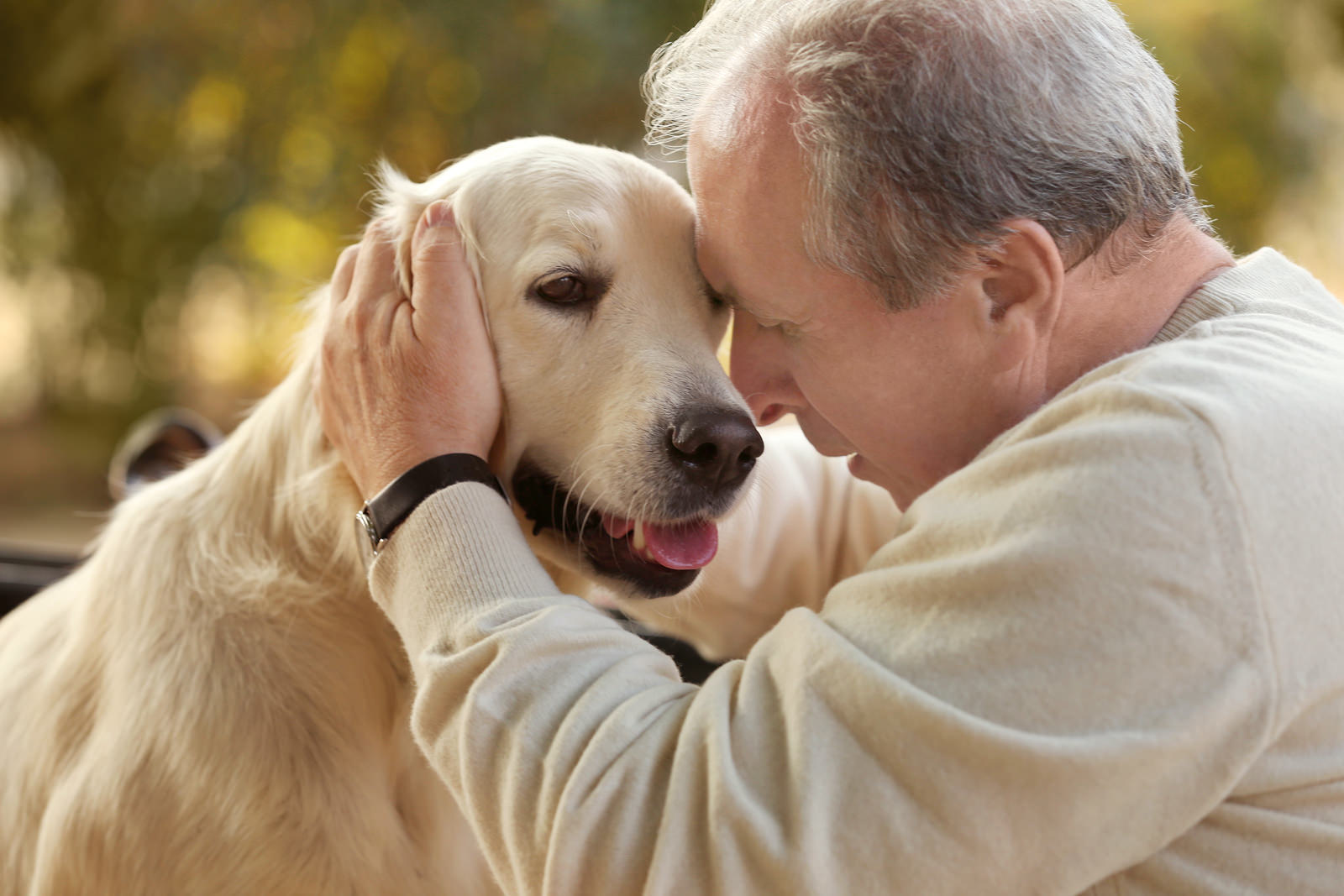Dementia Animal Therapy
But it takes specially trained. Animal assisted therapy is a treatment where animals are used as a main part of the treatment.
Nashville Dementia Ward Aims To Hub For Memory Care
Alzheimer’s disease, animal assisted therapy, patients with dementia, vascular dementia.

Dementia animal therapy. These results might imply that animal assisted therapy has the possibility to influence the mental state of patients with dementia. Visits from animals may help people with dementia recall memories and could become an activity for someone to look forward to. Residents throw the oversized dice, count the dots, read the.
Pet therapy has been used for seniors in care facilities for many years. A review of the literature. It’s beneficial for patients to be able to groom an animal, throw a ball or go on a walk.
Impression of dog therapy, and all improved their apathetic state. One reason is because of the emphasis on making facilities such as nursing homes and assisted living centers more homelike. It is thought that animals could help people with dementia by providing companionship and support in daily activities and that this might lead to improvements in physical and mental health, including better mood and fewer problematic behaviours.
Studies show that just fifteen minutes spent bonding and interacting with an animal promotes positive hormonal changes within the brain. These animals include dogs, cats, rabbits and guinea pigs, among others. Animal assisted therapy has been shown to benefit people with dementia by helping them maintain functional fitness and encouraging abilities in three broad areas:
However, evidence to support it is lacking. Lowers stress, decreases depression, reduces agitation, increases focus and attention to a task. The relative benefits of resident versus visiting pet dogs are unclear and are confounded by the positive effect of pet interaction on staff or caregivers.
Aai covers the two sides of this work, animals volunteering in an activity such as the community class i attended, and animals. Dementia patients had a better appetite and ate more after a dog visited. A common treatment for memory loss is called animal assisted therapy (aat) or animal assisted intervention (aai).
Therapy dogs and other animals can stimulate social interaction and ease agitation in dementia patients. How pet therapy is beneficial for seniors with dementia. Primary care providers can advocate for animal interactions to benefit the behavioral and psychological symptoms suffered by dementia patients.
Whether it’s a big floppy dog, a cat, a bird or even a fish aquarium, the benefits of having a pet for one with dementia are numerous. This fantastic technique uses animals to interact with seniors to help improve their quality of life and bring some happiness into their days. Animals by their nature are non judgmental, compassionate, making them the perfect therapists and companion for individuals with dementia.
We can use aat along with other therapies or by itself. It is thought that animals could help people with dementia by providing companionship and support in daily activities and that this might lead to improvements in physical and mental health, including better mood and fewer problematic behaviours. Current literature suggests that aat may ameliorate bpsd, but the duration of the beneficial effect has not been explored.
Dementia therapy dogs are excellent at assisting those who are suffering from dementia symptoms and have been shown to alleviate anxiety, aggression, depression, and loneliness. Reducing agitation and negative behavioral expressions. Some of the main benefits researchers have discovered pet therapy offers to those with dementia include:
The presence of a dog reduced agitation in dementia patients. It is also called “pet therapy”. Given the methodological weaknesses in the review and in the available evidence, the reliability of the authors' conclusions is unclear.
They can provide a person with. If a person with dementia previously owned a pet, these animal interactions could help with reminiscence. The dog will gently encourage the dementia patient.
This is the idea behind pet therapy for people with dementia; Animal ‐ assisted therapy (aat) is one of the types of treatment that has been studied. Thus, we aim to evaluate the effects of dat on this population and to assess the certainty of the evidence of the rcts estimates.
Animal therapy may not be appropriate for every patient, but the evidence strongly suggests that for some patients, animal interactions can provide an enriching activity with documented results. Animal assisted activities/interventions showed a strong positive effect on social behaviors, physical activity, and dietary intake in dementia patients and a positive effect on agitation/aggression and quality of life. Dementia represents a mental and economic burden for both patients and their caregivers.
One study conducted in 2002 revealed that after residents spent time with a dog in the alzheimer’s center within an assisted living community, they experienced fewer moments of upsetnd other. Therefore, the aim of this study is to explore the effectiveness of animal assisted therapy (aat) with special focus on canis therapy among people with dementia, specifically alzheimer’s disease. Generally, there are two ways in which persons with dementia can engage in this alternative therapy.

Companion Pets Pet Therapy for Alzheimer's and Dementia

The Benefits of Pet Therapy for People Living with Dementia

Pet Therapy & Service Dogs for Dementia Patients

How does pet therapy help in residential dementia care?
6 benefits of pet therapy for dementia patients Samvedna

Living Well with Dementia Pet Therapy Westgate Healthcare

Pet Therapy Golden Moments Dog Dodge Park Rest Home

Pet Therapy for Dementia ASC Blog

Animal Assisted Therapy Helps Alzheimer’s & Dementia
Dementia and Pet Therapy Elderly Management

How does pet therapy help in residential dementia care?

Dementia patients benefit from Pet Therapy

Dementia animal therapy Stock Image C034/8806

How does pet therapy help in residential dementia care?

Dementia Animal Therapy Photograph by Lewis Houghton

Dementia Animal Therapy Photograph by Lewis Houghton

Dementia animal therapy Stock Image C034/8807

Dementia Animal Therapy Photograph by Lewis Houghton

Dementia animal therapy Stock Image C034/8805
Post a Comment for "Dementia Animal Therapy"